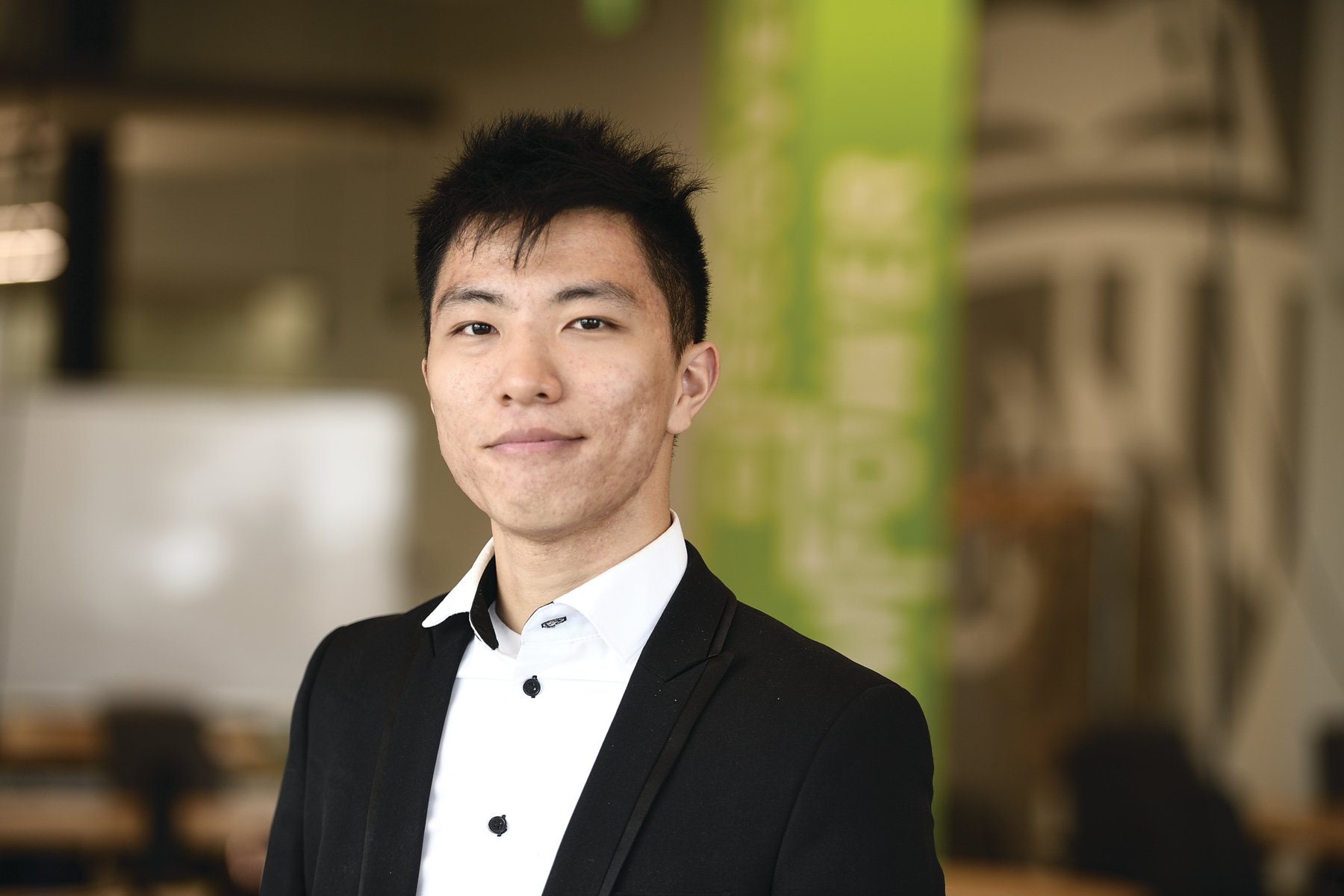
Hopkins Life Hacker
When Chinat Yu’s peers were settling in on their first year at Hopkins, he was handing out old-school fliers inviting…

When Chinat Yu’s peers were settling in on their first year at Hopkins, he was handing out old-school fliers inviting…
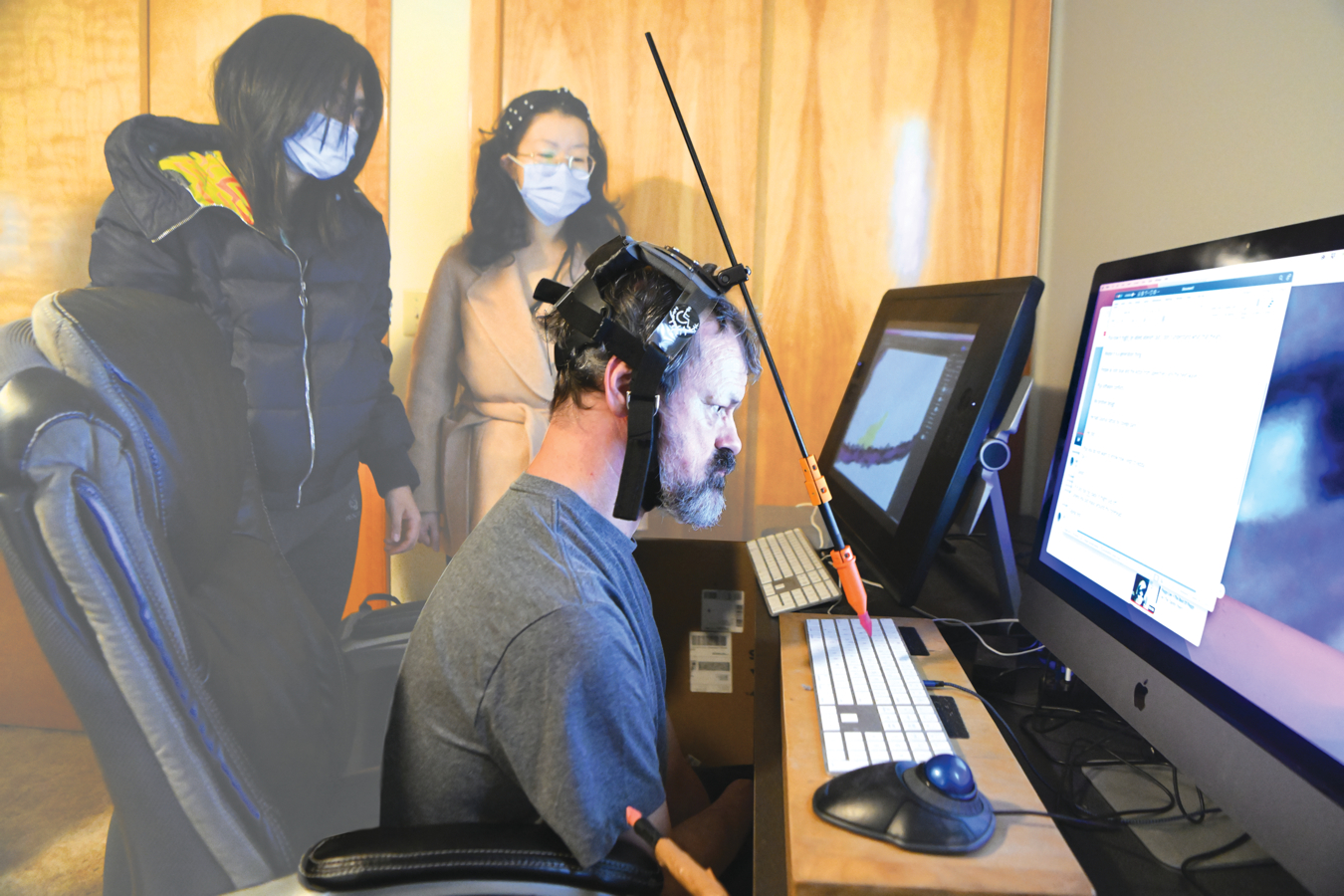
It may look like a simple contraption of nylon straps, molded polycarbonate strips, and foam padding, but to a local…
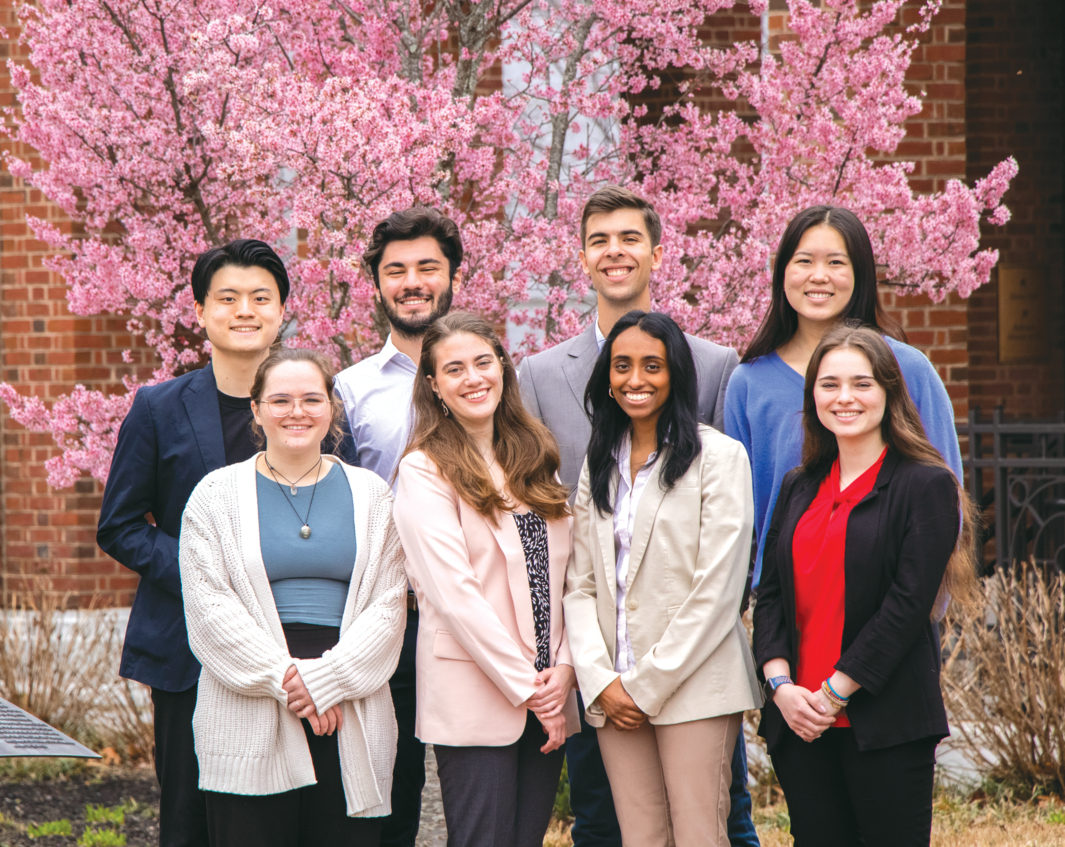
Every year, 120,000 babies are born in the United States with birth defects, according to the Centers for Disease Control…
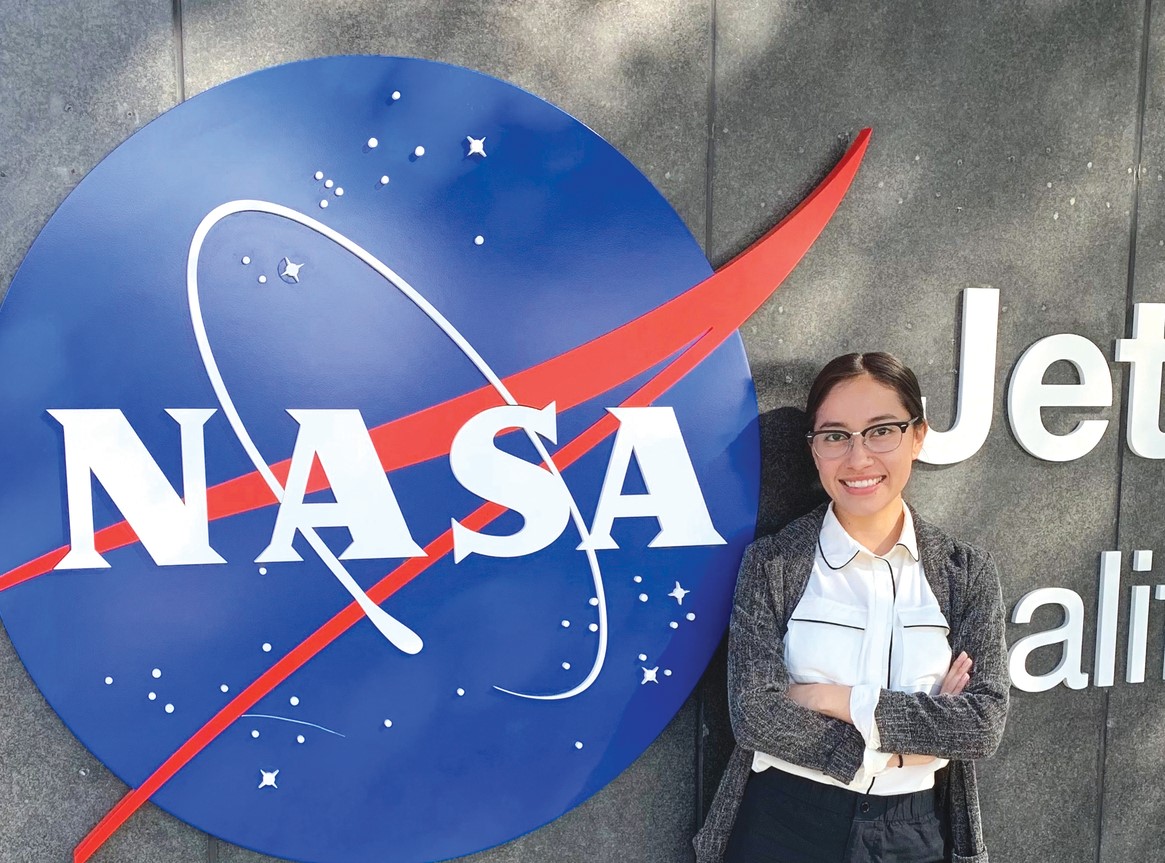
Growing up, Katya Echazarreta MS ’22 was fascinated by space, an interest inspired by Carl Sagan’s Cosmos, which was her…
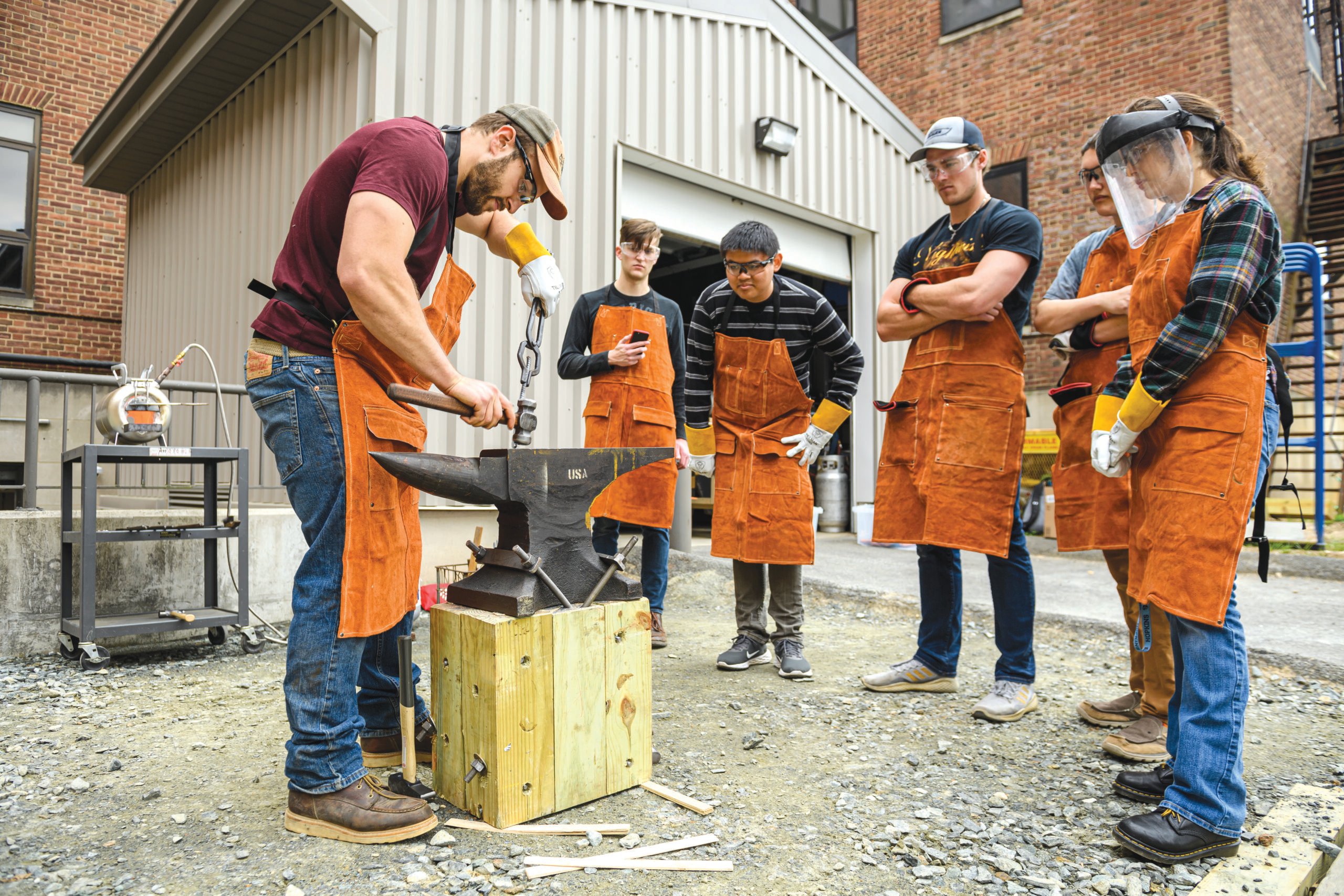
The rhythmic ping of steel hammers echoing behind the Wyman Park Building announces the presence of the Blue Jay Blacksmithing Club,…
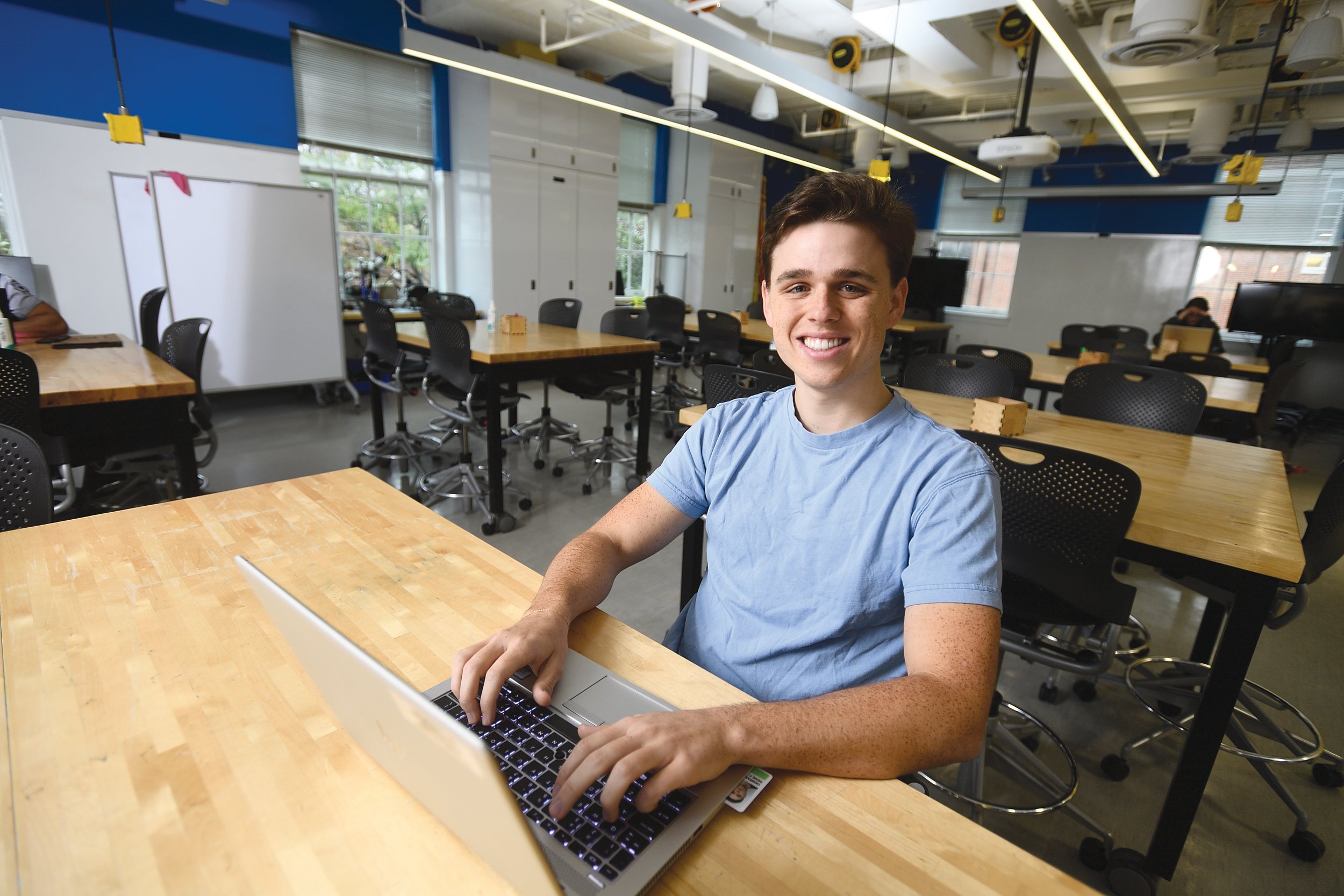
Astronauts on future NASA missions will explore complex terrains on the moon and Mars wearing next-generation spacesuits designed to provide…
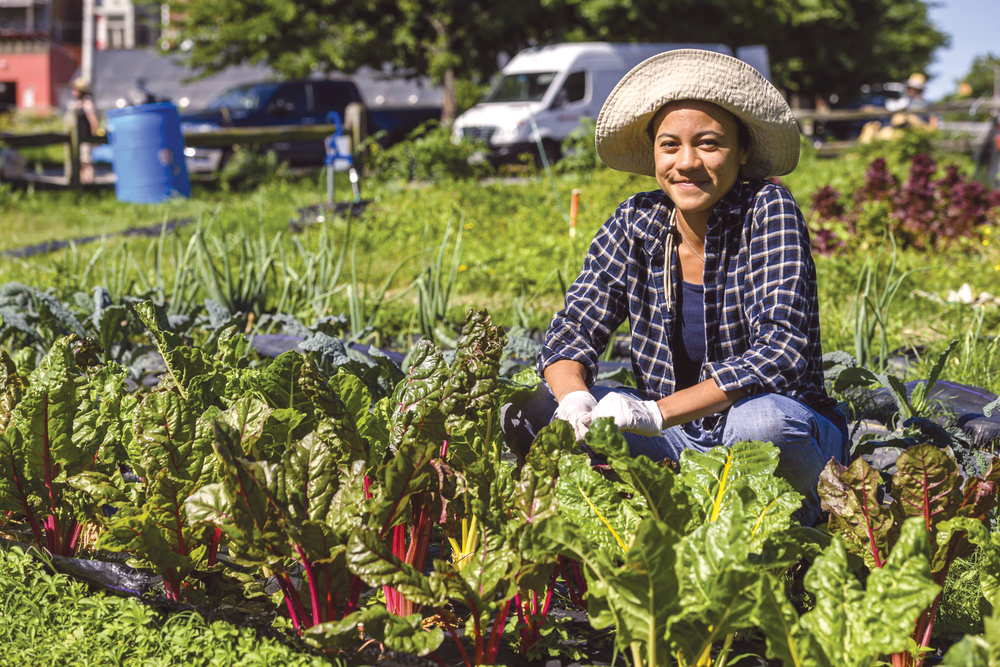
An interest in the intersection of community work and food systems led Marisa Thomas, a senior in environmental health and engineering,…
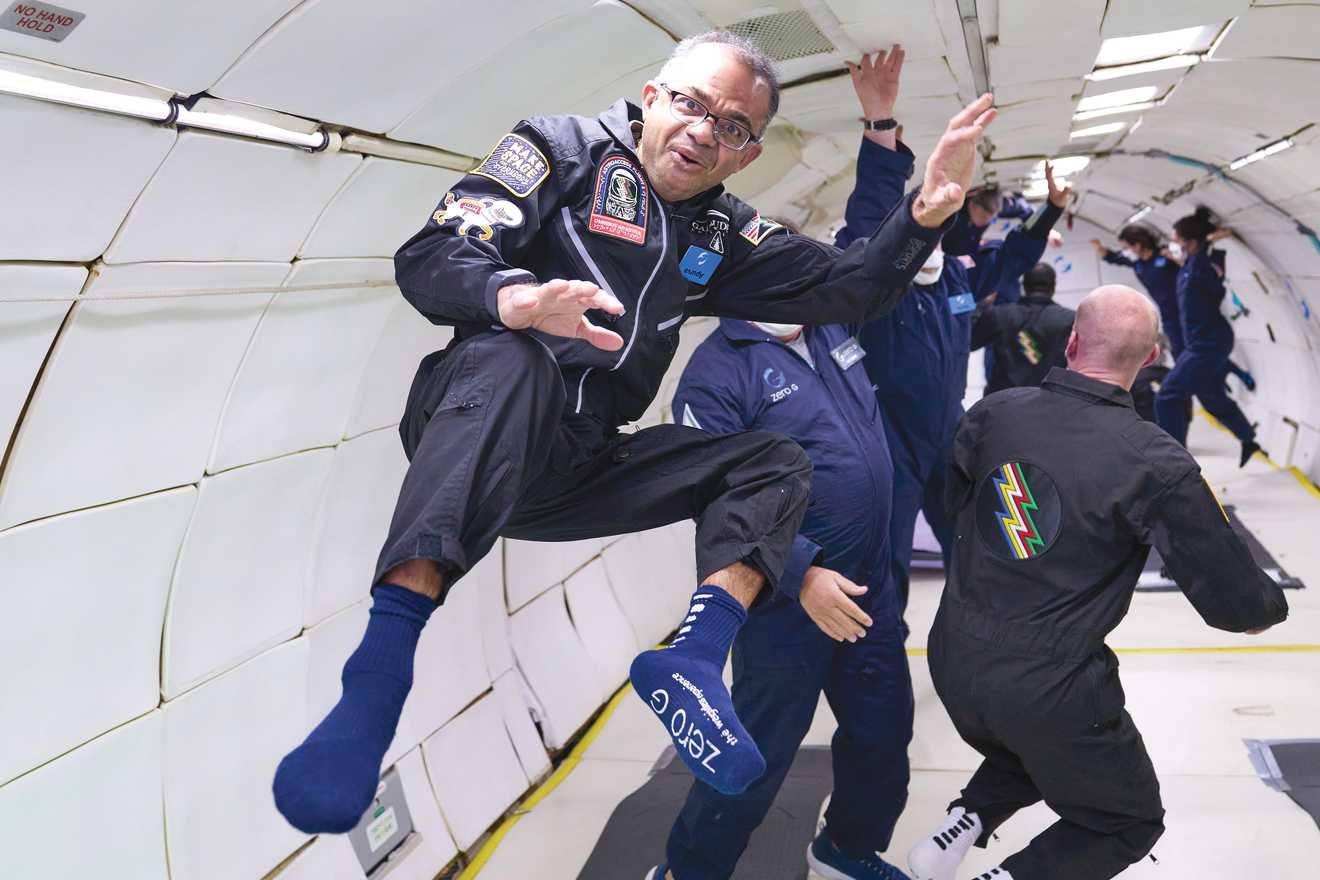
When he was 12, Apurva Varia wrote to NASA to ask if a deaf person could go to space. It…
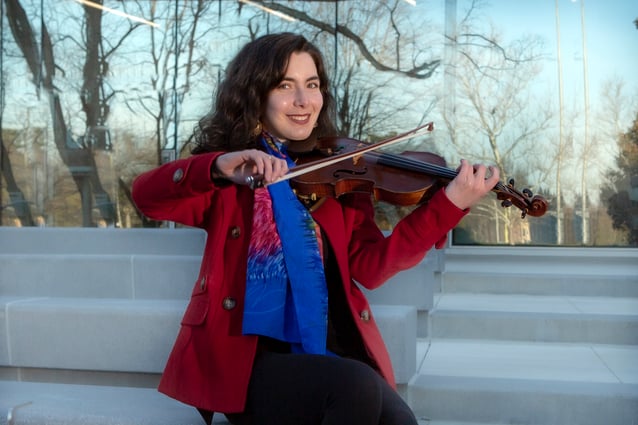
Joanna Clare, a fourth-year Materials Science and Engineering major from Syracuse, New York, can delineate differences in, say, polymers…